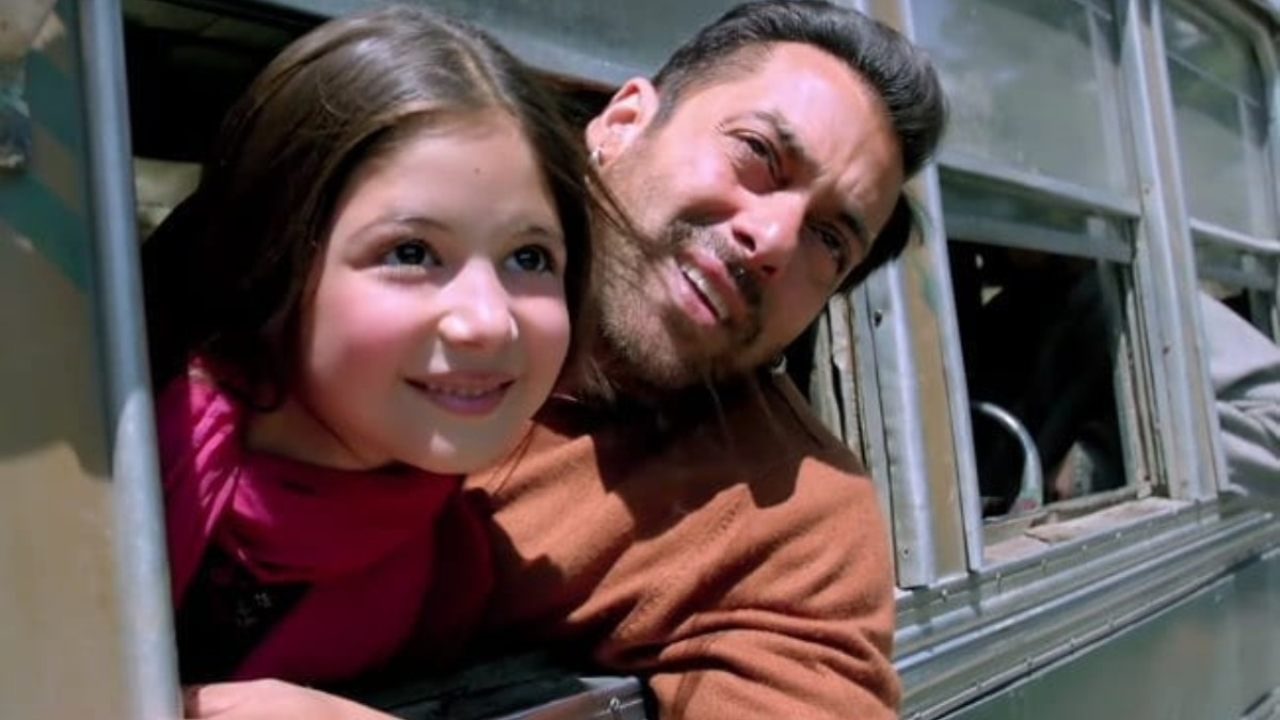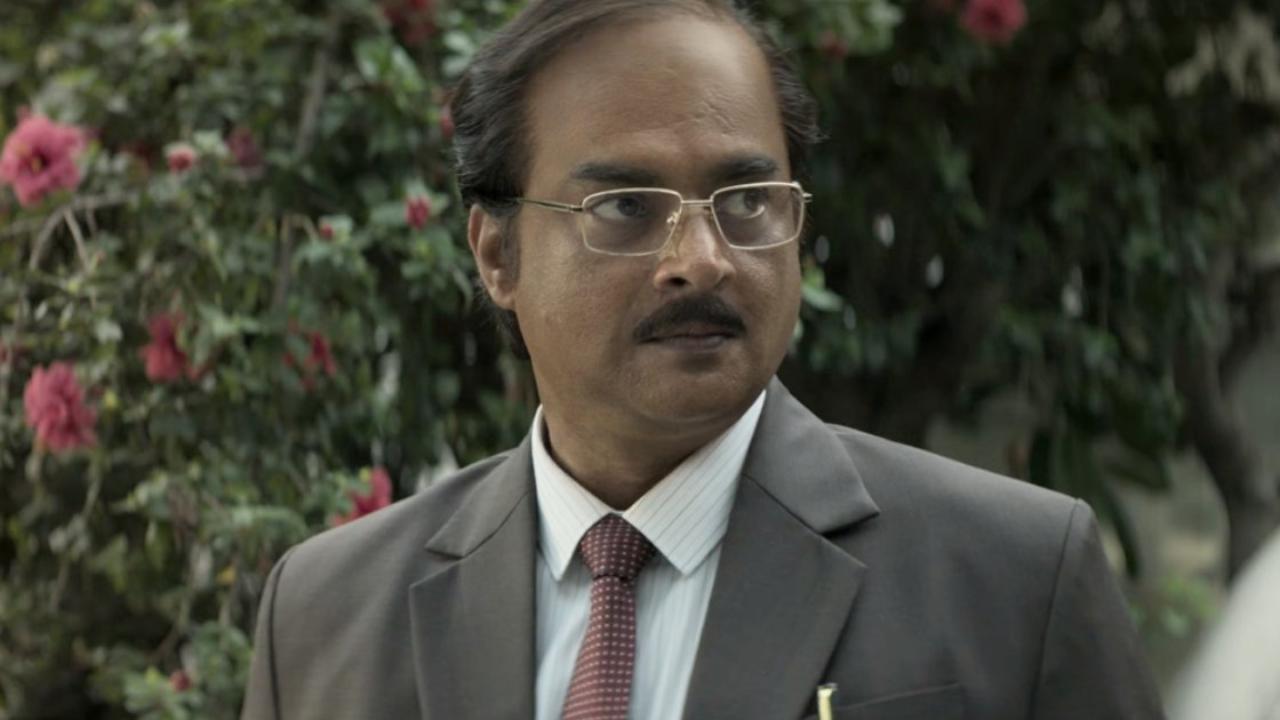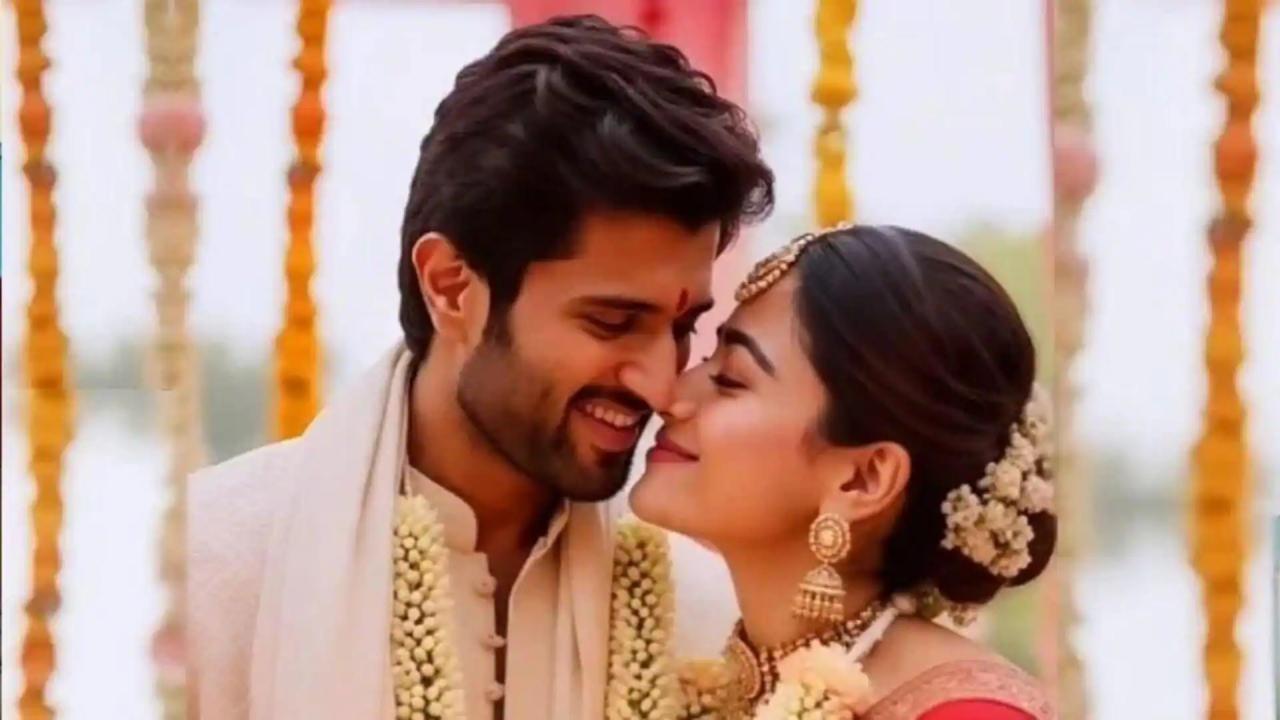Bajrangi Bhaijaan Turns 10: Harshaali Malhotra and Kabir Khan Reminisce
Updated on: 17 July, 2025 04:37 PM IST |Amruta Karulkar

Bajrangi Bhaijaan
A decade ago, Kabir Khan`s "Bajrangi Bhaijaan" graced the silver screen, captivating audiences with its heartwarming tale of an Indian man`s quest to reunite a lost Pakistani girl with her family. Starring Salman Khan, Kareena Kapoor Khan, Nawazuddin Siddiqui, and Harshaali Malhotra, the film was an undeniable critical and commercial success. Yet, revisiting it today offers more than just a nostalgic trip; it provides a striking look into the societal shifts that have occurred in India over the past ten years.
To mark the film`s 10-year anniversary, director Kabir Khan shared poignant behind-the-scenes photos and an emotional message. "Happy Bajrangi Day! It’s hard to believe it’s been 10 years since Bajrangi Bhaijaan first found its way into people’s hearts," he wrote. He expressed being "totally overwhelmed by the love this film keeps accumulating all over the world," adding, "We set out to tell a story of love and hope in a world that sometimes forgets these emotions."
Khan highlighted the film`s lasting impact, stating, "To this day I meet people who tell me how this film makes them laugh and cry every time they see it. And that to me, is the real reward - knowing that Bajrangi didn’t just entertain, it healed." This heartfelt post quickly went viral, prompting fans to flood the comments with requests for a sequel.
Also Read: Harshaali Malhotra Aka Bajrangi Bhaijaan`s Munni Shares Shocking Transformation In Eid Special Video
Furthermore, the film subtly critiques patriarchal conservatism. Bajrangi, the son of an RSS shakha head, expresses disinterest in his father`s beliefs, signalling an ideological break. Similarly, Rasika (Kareena Kapoor Khan) confronts her bigoted father, who "doesn’t rent to `Mohammedans`" and dislikes the smell of non-vegetarian food. Her resistance, right within his home, highlights a subtle but firm pushback against narrow-mindedness.
Perhaps the most poignant moment comes with the "Chicken Kuk-Doo-Koo" song. A strictly vegetarian Bajrangi sings about chicken to comfort a homesick Muslim girl. This simple act, where food becomes a language of care rather than division, lands differently today in a country where dietary choices have sadly become sites of conflict and violence.
"Bajrangi Bhaijaan" wrapped its profound message in a utopian second half, allowing us to believe that love could transcend politics. A decade on, as we navigate a world grappling with aggressive nationalism and division, the film reminds us of the "noble foolishness" and "wide-eyed idealism" that perhaps we need more than ever.
A Film That Dialogues with Time
Cinema, they say, reflects its times. However, Bajrangi Bhaijaan does more than simply reflect; it dialogues, resists, and dreams beyond the prevailing narratives. Films, in essence, create a phantasmatic space where the unimaginable gains plausibility. We don`t just witness what is, but flirt with what might be, what ought to be, or what we fear becoming. This film, with its luminous humanitarian gaze, dared to reimagine the relationship between India and Pakistan, starkly contrasting the jingoism often seen in cinema of its era.To mark the film`s 10-year anniversary, director Kabir Khan shared poignant behind-the-scenes photos and an emotional message. "Happy Bajrangi Day! It’s hard to believe it’s been 10 years since Bajrangi Bhaijaan first found its way into people’s hearts," he wrote. He expressed being "totally overwhelmed by the love this film keeps accumulating all over the world," adding, "We set out to tell a story of love and hope in a world that sometimes forgets these emotions."
Khan highlighted the film`s lasting impact, stating, "To this day I meet people who tell me how this film makes them laugh and cry every time they see it. And that to me, is the real reward - knowing that Bajrangi didn’t just entertain, it healed." This heartfelt post quickly went viral, prompting fans to flood the comments with requests for a sequel.
Also Read: Harshaali Malhotra Aka Bajrangi Bhaijaan`s Munni Shares Shocking Transformation In Eid Special Video
Unpacking the Nuances of the First Half
While much has been discussed about the film`s emotionally charged second half, the initial segments quietly reveal deeper societal fractures. Kabir Khan`s deliberate choices in the first half now read as subtle foreshadowing. The naming of Salman Khan’s character as "Bajrangi" was a bold move, reclaiming a word often associated with divisive figures and anchoring it to a character who embodies compassion.Furthermore, the film subtly critiques patriarchal conservatism. Bajrangi, the son of an RSS shakha head, expresses disinterest in his father`s beliefs, signalling an ideological break. Similarly, Rasika (Kareena Kapoor Khan) confronts her bigoted father, who "doesn’t rent to `Mohammedans`" and dislikes the smell of non-vegetarian food. Her resistance, right within his home, highlights a subtle but firm pushback against narrow-mindedness.
Perhaps the most poignant moment comes with the "Chicken Kuk-Doo-Koo" song. A strictly vegetarian Bajrangi sings about chicken to comfort a homesick Muslim girl. This simple act, where food becomes a language of care rather than division, lands differently today in a country where dietary choices have sadly become sites of conflict and violence.
Harshaali Malhotra`s Enduring Legacy
Harshaali Malhotra, who was just five years old when she played Munni, became an overnight sensation. Even a decade later, the now 17-year-old affirms, "No matter how many movies I do, people will always call me and remember me as Munni; they have that image in their minds, and I’m happy with that." She fondly recalls her first scene with Salman Khan and the invaluable lessons from Kabir Khan, describing the set as an "acting school." Salman Khan`s advice to "whenever an actor is sick, it should not come on their face" left a lasting impression."Bajrangi Bhaijaan" wrapped its profound message in a utopian second half, allowing us to believe that love could transcend politics. A decade on, as we navigate a world grappling with aggressive nationalism and division, the film reminds us of the "noble foolishness" and "wide-eyed idealism" that perhaps we need more than ever.
ADVERTISEMENT
How excited are you about Vijay-Rashmika's wedding?
ADVERTISEMENT








